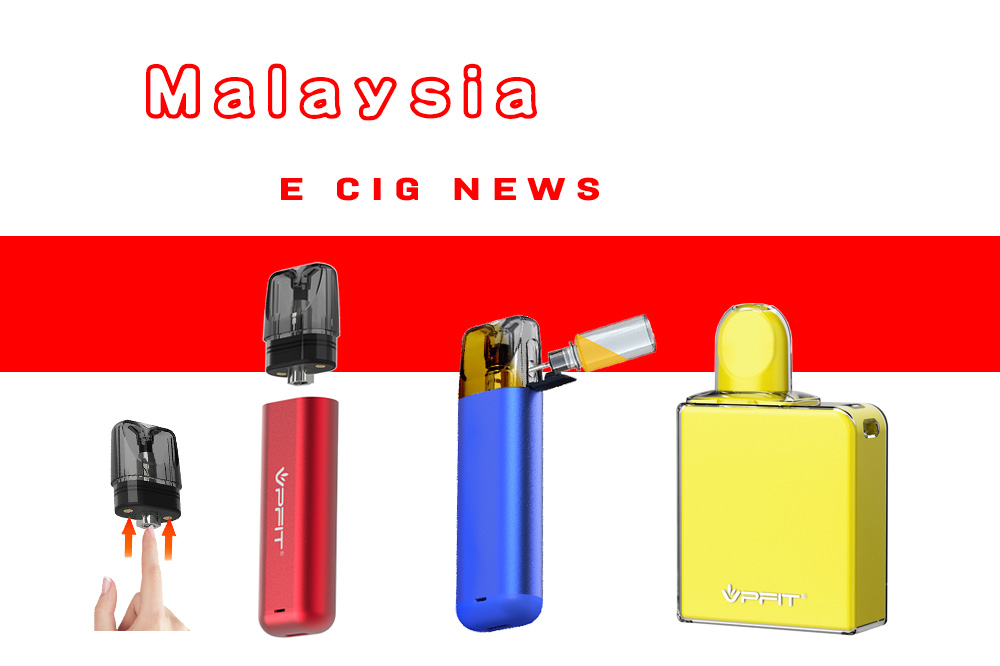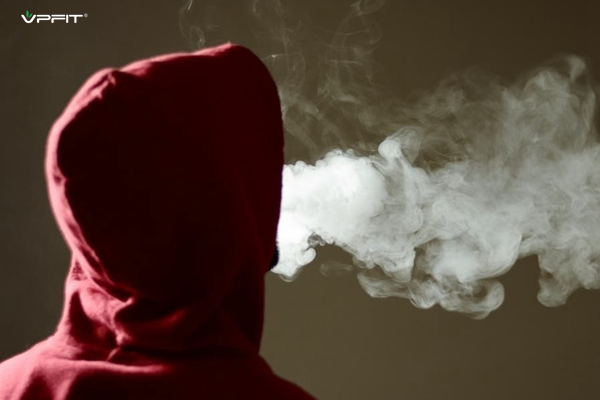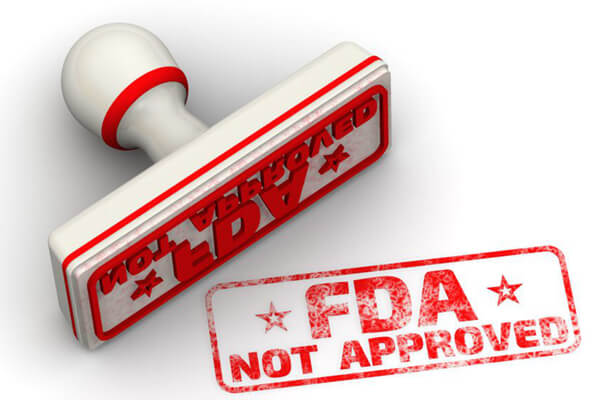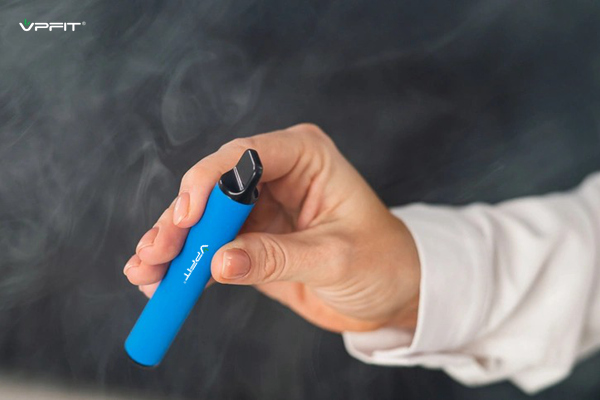
Finland electronic cigarette and vape news
March 29, 2023
Swedish reducing smoking rates through vapes
March 31, 2023On March 28th, according to multiple media reports from Malaysia. The Malaysian Poisons Board will hold a meeting to discuss the removal of nicotine from the Poisons Act. If the amendment is passed, Malaysia will allow the legal sale of vape to anyone in the future.
Currently, according to the Poisons Act of 1952 in Malaysia, nicotine is classified as a group C poison, which means that the substance can only be dispensed by a doctor or pharmacist.
However, according to the drug service website of the Ministry of Health (MOH) of Malaysia, the Poisons Committee responsible for the topic of “Poisons List” will provide professional advice to the Minister of Health on the issue of deleting “nicotine”.
This news immediately attracted the attention of the medical community. Dr. Muruga Raj Rajathurai of the Malaysian Medical Association (MMA) said that the association was aware that nicotine was being removed from the control list of the Poisons Act.
They claim that the government has revised the “Poison List” to enable it to tax electronic cigarettes containing the substance.
Dr. Muluga continued to say that if this is done before the Tobacco Control Act is passed, it will lead to a lack of control over the sale of vape products.
“We are concerned that this move will lead to a significant increase in the sales of vape containing nicotine in public places, without restrictions on minors,” he said.
There are signs of deregulation:
It is understood that Malaysian Prime Minister Anwar Ibrahim announced in his 2023 budget speech in February that the government plans to levy a consumption tax on vape or e-cigarette containing nicotine.
The government once estimated the value of the local vape industry to be over MYR 2 billion and planned to transfer half of this tax to the Ministry of Health.
Dr. Muluga said, “According to the 2023 budget, vapes containing nicotine will be taxed, but this seems to be a de facto legalization of their sales in the public domain.”.
He added, “In order for the government to make vapes containing nicotine available for sale, it is necessary to remove nicotine from the list of controlled substances under the Poison Law. Dr. Muluga said that so far, there are no appropriate regulations on the use of vapes.”.
In fact, Malaysia’s “highly concerned” Tobacco Product Control and Smoking Act of 2022 was not listed in the current parliamentary session for consideration.
The bill aims to prohibit anyone born in 2007 from using tobacco and vape products, known as the “Ultimate Generation Project” (GEG).
The minors using has become a focus:
It is worth noting that the current Malaysian Tobacco Products Control Ordinance (CTPR) only applies to the sale of cigarettes, which stipulates that sales targets must be at least 18 years old.
Dr. Muluga said that removing nicotine from the list would allow both nicotine and non nicotine vape to be publicly and legally sold to anyone, not including children.
“Nicotine is addictive, which is why even in cigarettes, we only allow people over the age of 18 to buy it,” he said.
Dr. Muluga believes that this latest news indicates that the government is more concerned about potential taxes and has little concern about the health impact on Malaysians.
At the same time, the Malaysian Pharmacists Association (MPS) also strongly opposed the removal of liquid or gel nicotine from the control list in a statement.
Professor Amrahi Buang, Chairman of MPS, said that this move would be detrimental to the health and safety of Malaysians.
Amrahi called on the government to refuse to remove nicotine from the Poisons Act and to protect public health and safety.
He said, “We urge the government to strengthen regulation around vapes and e-cigarettes, including restrictions on marketing and advertising, and strengthen risk education for the public before considering the proposal.”.
If the revised “Poison Law” is passed, it is expected that the law will be implemented as early as the first week of April.
Next report: Finland prohibits snuff and has strict legal regulations for electronic cigarette






